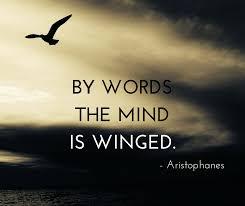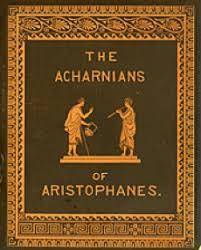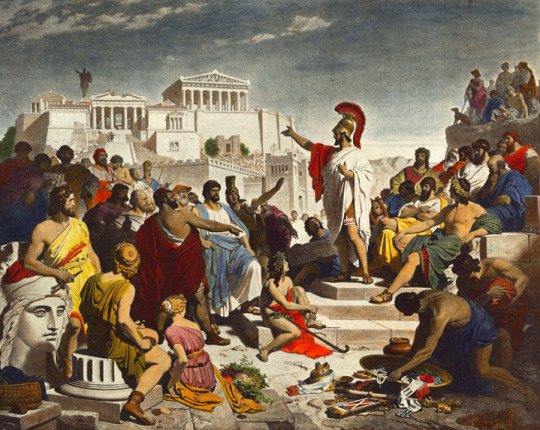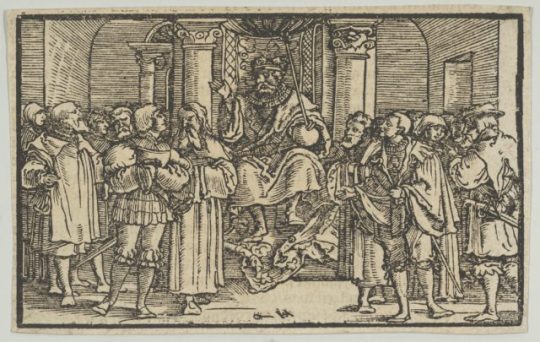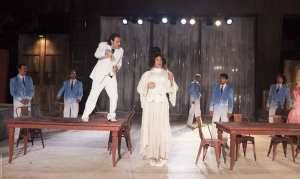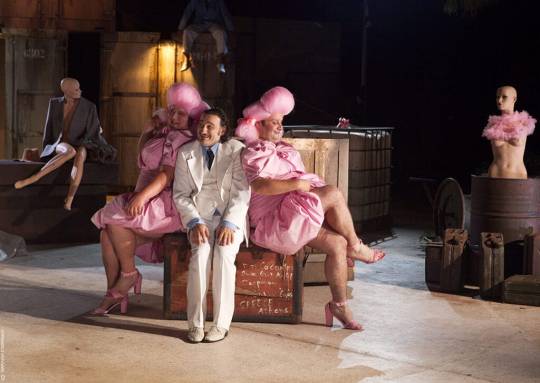Text
Depth Argument
Overarching theme – the critique of war and politics in Aristophanes’ comedic plays, as well as other overlapping themes such as: intertextuality; the role of literature; the role of gender, sexuality and specifically, females; political and societal changes in Greece; nationalism
Comparing elements of ancient Greek dramas:
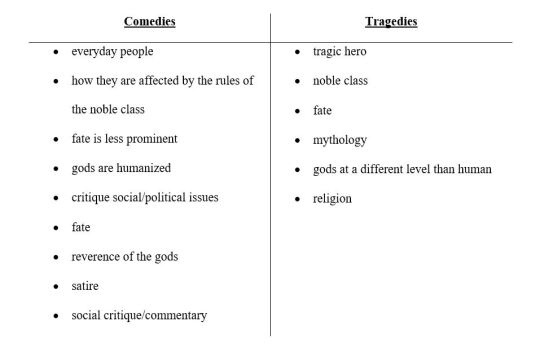
0 notes
Text
Lysistrata
To provide some history and background the “play Lysistrata was first performed in Athens in 411 BC, two years after the disastrous Sicilian Expedition, where Athens suffered an enormous defeat in the continuing war with Sparta and its allies (a conflict which lasted from 431 BC to 404 BC).” (Aristophanes Lysistrata)
To summarize, Lysistrata is about an older Athenian woman named Lysistrata who tries to get all the women in Greece to have a meeting on how to save them all. The men are busy fighting each other (the Spartans and Athenians). Lysistrata wants the women from both Athens and Sparta to use their power to get the men to stop fighting and go back home. To do this, she employs the young women’s youth and beauty and the old women’s wisdom for strategy. The play takes place where they all meet which is the city/town hall.
The ploy is that they miss their husbands, which is why they want them home. The plan is to withhold sex. This idea bothers the women but it is meant to harm the men more because the women will also be tempting them. The women also guard the treasury in the Athenian Acropolis. (shows that women have power over money and state affairs) The old women guard the Acropolis while the young tempt and withhold sex from their husbands.
• Lysistrata is meant to represent the leader and the power of women
• while Calonice is her foil, she goes along with societies expectations for women (that they’re weak and only to be sexualized – note: women put down themselves, not just each other
Comedic elements:
• obscene innuendos
This comedy is related to other Greek dramas:
• Chorus of old men and women (2 opposing choruses)
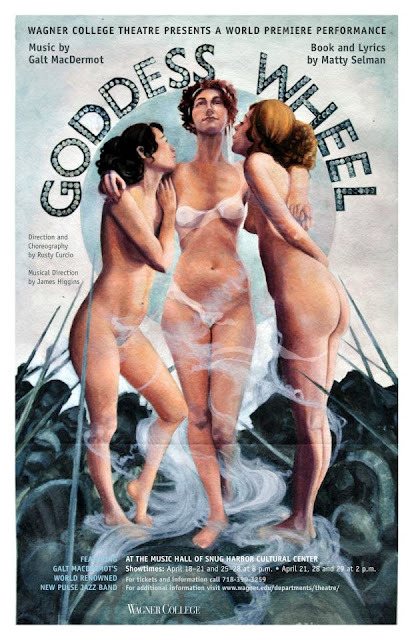
youtube
0 notes
Text
The Women at the Festival
-The play centers around the Thesmaphoria, a festival honoring Demeter and Persephone, in which Athens’ women met to perform secret rites. (It existed in other Greek city states, too.)
-Tragedian Euripides believes that the women will plot to kill him for the way he writes about them, so he disguises his father-in-law, Mneisylochus, as a woman to infiltrate the festival.
-Reversal of gender roles: women hold a democratic assembly, whereas most male characters cross dress and behave in a stereotypically feminine way.
-It’s sort of feminist. It makes fun of men’s paranoia about what their wives do when they’re away from home. The women at the festival say all kinds of feminist things, some of which are presented as legitimate points, but they also allude to drinking instead of performing religious rites, and one is passing a wineskin off as a baby.
-The portrayal of Athens’ young male artists and intellectuals is pretty homophobic, especially the caricature of democratic reformer Cleisthenes, who apparently had a reputation as a gay man. (I learned of those rumors in the Wikipedia summary, and I’m having a hard time finding a better source for it.)
-Mneisylochus is extremely reluctant to cross dress, but he’s hypermasculine, an endless fount of dirty jokes and aggression. Apparently, Aristophanes liked to satirize the tension between Athens’ militant older generations and intellectual younger generations.
-Some nationalist themes. The women condemn negotiation with Persia, and the Skythian Archer (equivalent to a police officer) has a strong foreign accent and is an ignorant, easily tricked buffoon character.
0 notes
Text
The Frogs 405 BCE
Critique of Athenian government during Peloponnesian war but also plea for peace
Emphasis on the need for worthy literature for a prosperous society
Uses farce, fantasy, artistic discussion, literary analysis, to discuss how art/literature affect society
Promotes Athenian nationalism and need for improvement
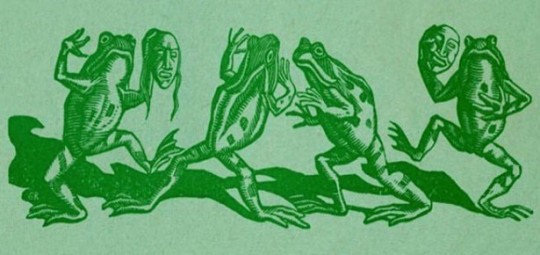
youtube
0 notes
Audio
0 notes
Text
The Knights
https://www.ntng.gr/default.aspx?lang=en-GB&page=2&production=4605&mode=27&item=7187
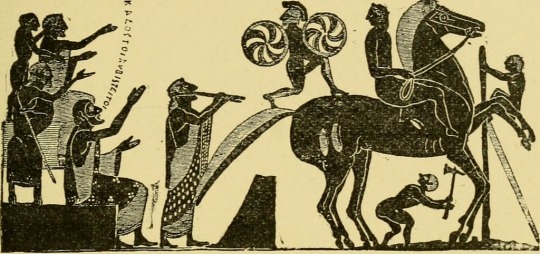
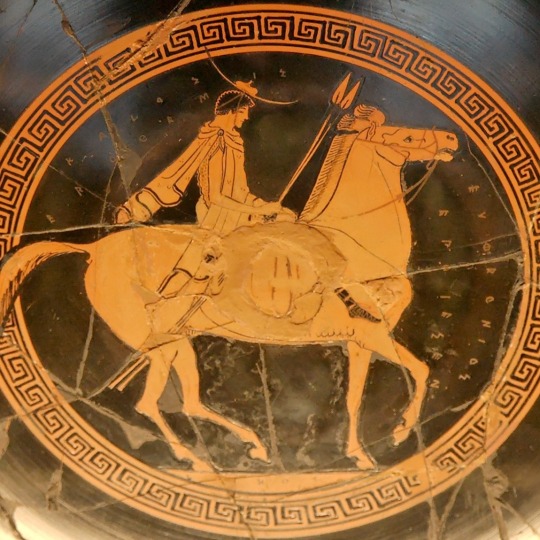
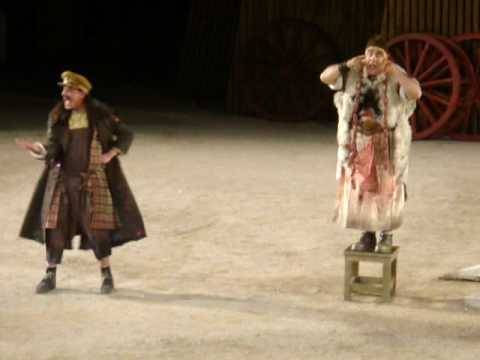
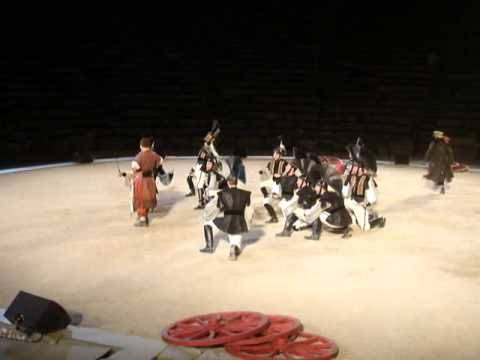
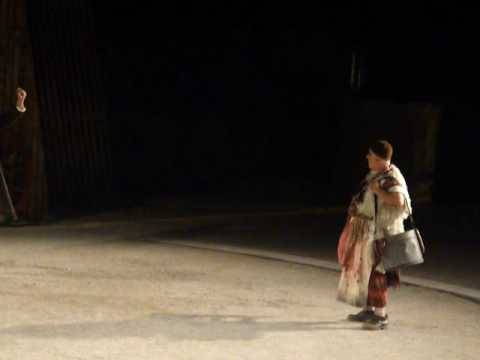
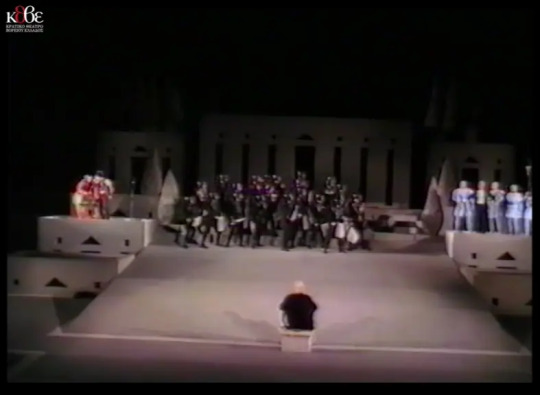
0 notes
Text
Questions
How is the impact of ancient Greek comedies different from the ancient Greek tragedies we read in class? How has their influence changed compared to comedies commenting on the structure of politics and society today?
0 notes
Text
Works Cited
Aliprandini, Michael. “Aristophanes.” Aristophanes, 8/1/2017 2017, p. 1.
Ancientadmin. “The Frogs- Aristophanes | Comedy Summary and Analysis|.” Ancient Literature, https://www.ancient-literature.com/greece_aristophanes_frogs.html. Accessed 9 Nov. 2020.
Aristophanes. Aristophanes /. London [England] :, 1924, http://hdl.handle.net/2027/uc1.32106008970573.
Aristophanes | The Hutchinson Unabridged Encyclopedia with Atlas and Weather Guide - Credo Reference. https://search.credoreference.com/content/entry/heliconhe/aristophanes/0. Accessed 7 Oct. 2020.
Aristophanes - Lebanon Valley College. https://klnpa-lvc.primo.exlibrisgroup.com. Accessed 7 Oct. 2020.
ARISTOPHANES LYSISTRATA (e-Text). http://johnstoniatexts.x10host.com/aristophanes/lysistratahtml.html. Accessed 12 Nov. 2020.
“A Short Analysis of Aristophanes’ The Frogs.” Interesting Literature, 2 May 2017, https://interestingliterature.com/2017/05/a-short-analysis-of-aristophanes-the-frogs/.
BRIGGS, WARD W. “Review of Four Plays of Aristophanes: The Clouds, The Birds, Lysistrata, The Frogs.” The Classical Outlook, vol. 61, no. 2, 1983, pp. 71–71, https://www.jstor.org/stable/43934791. JSTOR.
Campbell, David A. “The Frogs in the Frogs.” The Journal of Hellenic Studies, vol. 104, The Society for the Promotion of Hellenic Studies, 1984, pp. 163–65. JSTOR, doi:10.2307/630289.
Collins, W. Lucas. Aristophanes /. Edinburgh :, 1872, http://hdl.handle.net/2027/hvd.32044085093656.
“The Acharnians - Aristophanes - Ancient Greece - Classical Literature.” Ancient Literature, 14 Nov. 2019, www.ancient-literature.com/greece_aristophanes_acharnians.html. Accessed 22 Oct. 2020.
“The Frogs.” Ancient History Encyclopedia, https://www.ancient.eu/The_Frogs/. Accessed 9 Nov. 2020.
UCL. “Aristophanes’ Frogs Study Guide.” Department of Greek & Latin, 15 Nov. 2018, https://www.ucl.ac.uk/classics/aristophanes-frogs-study-guide.
0 notes
